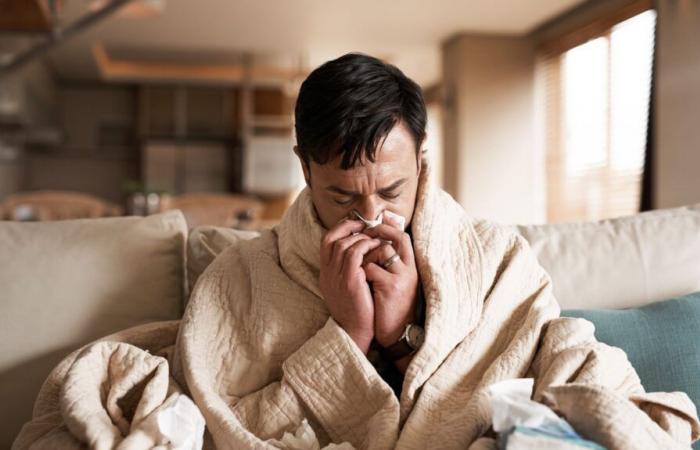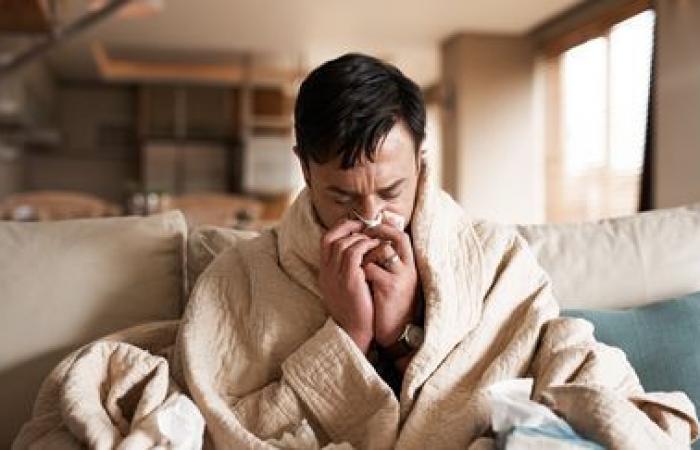A descent of polar air freshens the atmosphere this weekend. This is an opportunity to take stock of how our body can react to the sudden drop in temperatures.
Published on 21/11/2024 09:51
Reading time: 2min
It is primarily viruses that make you sick, but the cold can reduce the ability of the immune system to deal with these pathogens. According to work by American researchers, certain areas and mucous membranes of the nose, which normally play a role as a barrier against viruses, have a reduced effectiveness when exposed to cold air.
Furthermore, beyond infectious diseases, the cold can also weaken the cardiovascular system.
The French Federation of Cardiology points out on its site: each 1°C reduction in temperature is associated with a 2% increase in the risk of myocardial infarction at the start of a cold period. People over 70 should pay particular attention to this, particularly in the event of physical exertion outdoors.
If some of us feel more sensitive to cold than others, this can be scientifically explained by age or gender. We may feel more chilly as we age because the hypothalamus, which regulates, among other things, body temperature, functions a little more slowly. Blood circulation is in fact less optimal and muscle mass also tends to reduce after a certain age. However, it is the muscles that allow us to warm up by burning calories and generating heat.
Concerning the difference between the sexes, women feel the cold more quickly for reasons of lower muscle mass on average, but also for hormonal reasons. In men, testosterone partly helps reduce the feeling of cold. Experiments on mice and rats have shown that castrated rodents (which produce less testosterone) become more chilly. This rationally explains why the thermal comfort of women is on average about 2 degrees higher than that of men.







